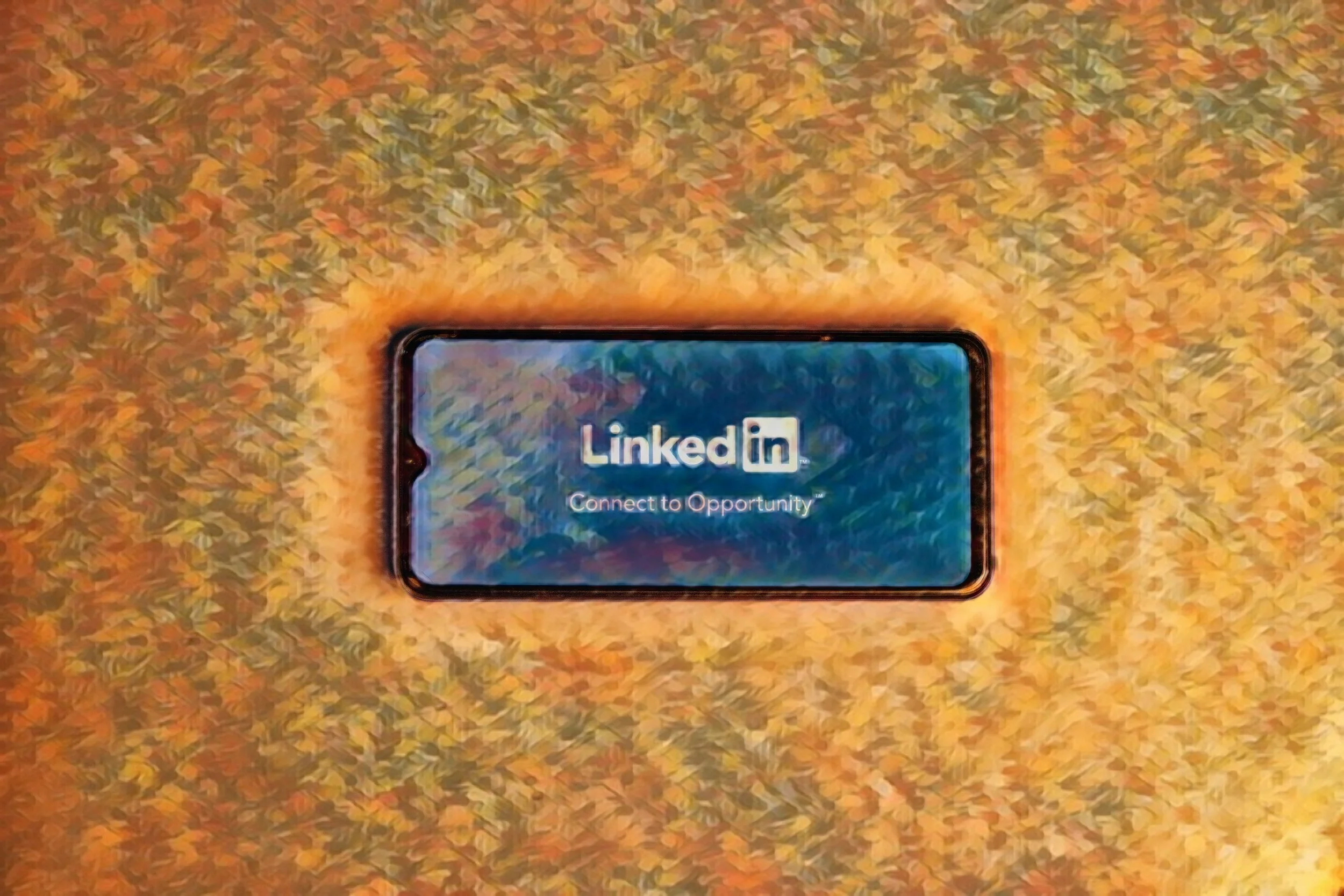The McDonald's Lesson
Why Every Company Needs Marketing: The McDonald's Lesson
Marketing isn't just an expense—it's the lifeblood of any successful business.
Even the most recognisable brands in the world need consistent marketing to maintain their position and drive sales.
The Golden Arches Stumble
McDonald's learned this lesson the hard way in 2002. For the first time in the company's 48-year history, the fast-food giant reported losses of $343.8 million in the final quarter.
This wasn't just a slight dip. Sales dropped significantly, and share prices plummeted. The world's most recognisable restaurant chain was bleeding money.
What Went Wrong?
The decline wasn't due to bad food or poor service. McDonald's had reduced its marketing focus and spending, assuming their brand recognition was enough to sustain sales.
They believed their golden arches were so iconic that customers would continue to come, regardless of their advertising efforts. This assumption proved costly.
The Marketing Reality Check
No brand, no matter how famous, can survive without consistent marketing. Here's why every company needs ongoing marketing efforts:
Brand Awareness Fades Without Constant Reinforcement. Even the Strongest Brands Lose Mindshare. Customers forget, competitors gain ground, and new generations grow up without brand familiarity.
Competition Never Sleeps. While McDonald's scaled back its marketing, competitors like Burger King, Wendy's, and emerging fast-casual chains continued their aggressive campaigns. They captured market share that McDonald's had to fight to win back.
Consumer Behaviour Changes: Marketing Isn't Just About Awareness—It's About Staying Relevant. Consumer preferences, lifestyles, and values constantly evolve. Companies that stop communicating become outdated.
The Comeback Strategy
McDonald's response was swift and comprehensive. They launched a new global marketing strategy focused on rejuvenating their image and reclaiming market leadership.
The company increased marketing spend and developed the "I'm Lovin' It" campaign, which became one of the most successful marketing campaigns in fast-food history.
They also focused on menu innovation, store redesigns, and targeted advertising to different demographic groups.
The results were remarkable.
Lessons for Every Business
McDonald's experience teaches us several crucial lessons about marketing:
Consistency Matters
Marketing isn't a one-time investment. It requires consistent effort and budget allocation. Even during tough financial times, cutting marketing often exacerbates problems.
Perception Drives Reality
If customers don't hear from you, they assume you're not relevant. Silence in the marketplace is often interpreted as a sign of weakness or decline.
Investment, Not Expense
Clever marketing generates returns that far exceed the initial investment. McDonald's recovery proved that strategic marketing spending pays dividends.
The Modern Marketing Imperative
Today's business environment is even more competitive than it was when McDonald's faced its crisis. Digital channels, social media, and shorter attention spans make consistent marketing more critical than ever.
Companies that view marketing as optional or expendable set themselves up for decline. Those who treat it as essential business infrastructure position themselves for growth.
Your Marketing Foundation
Every company, from startups to corporations, needs marketing because:
Customer acquisition requires visibility
Brand loyalty needs nurturing
Market position demands defence
Growth opportunities need promotion
Company reputation requires management
The Bottom Line
McDonald's $343.8 million loss wasn't just a financial setback; it was a wake-up call for businesses everywhere.
“The lesson is clear: marketing isn't a luxury for companies that can afford it. It's a necessity for companies that want to survive and thrive”.
Don't wait for a crisis to realise the importance of marketing. Make it a priority from the start, and uphold that commitment even when times get tough.
The golden arches remind us that no brand is too big to fail when marketing falls by the wayside. Make sure your company doesn't learn this lesson the hard way.





